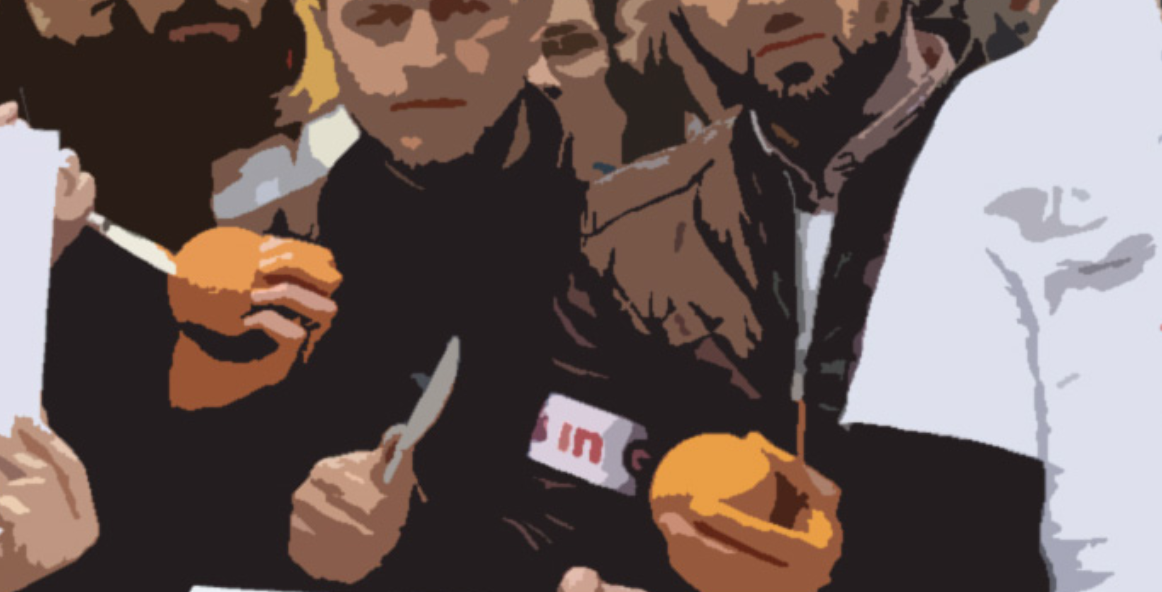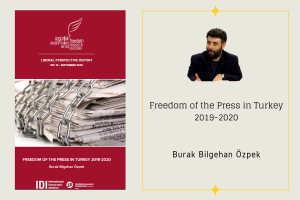The ideal of liberty has always been under attack from various circles. In the past, before the modern era, individual freedom had been limited by absolutist monarchs as well as religious authorities. In fact, liberalism emerged in response to counter these threats in the modern era. With the coming of the Enlightenment, the threat to individual liberty took the form of totalitarian ideologies such as fascism, National Socialism and communism. Whereas the fascist and national socialist threats were defeated at the end of World War II, the communist threat, with the exception of China, came to an end by the end of the Cold War in the early 1990’s. Thus, it was argued by Francis Fukuyama that we had reached the end of history through the victory of liberal democracy over its rivals. However, these jubilant years did not last long. We first witnessed the reversal of democratization process in the ex-Soviet republics such as Russia and Azerbaijan. It was not surprising that shortly after the collapse of the monopoly of the Communist Party, strong leaders such as Putin and the Aliyevs established their personal rules. They did not allow the liberal democratic institutions to take root in their ountries. However, in the second decade of the 21st century, we witnessed the rise of illiberal parties to the power in countries such as Hungary and Poland. This was shocking because it was believed that democratic transition in these countries had been completed. Furthermore, in long-established liberal democracies such as United States and Italy, illiberal leaders and partiescame to power.
This phenomenon is called “populism”. Invariably, all populist governments claim to represent the will of the people. They come to power through elections. However, in many cases, these elections are not free and fair. The populist leaders feed on the pseudo antagonism that they create between “the pure people” and “the corrupt elites”. They have an anti-establishment stance. The populist leaders tend to find a scapegoat and external and/or internal enemy for the difficulties that are experienced in the country. These enemies can be Mexicans, Muslims, or western philanthropists such as George Soros. They also tend not to like any limitation on their power. They present liberal limitations such as rule of law and separation of powers as undemocratic chains on the will of the people. Thus, while they embrace democratic principle they reject the principle of constitutionalism and limited government in a liberal democracy.
There have been various explanations as to why this illiberal movements arose. Some placed the blame on the economic consequences of globalization. According to this line of argument, with the coming of economic globalization, in order to find cheap labor and raw materials the western capital left the developed World for the developing World. This, in its turn, has caused unemployment in the former. Those who are unemployed feel that they are losing economically. They became discontented with the liberal democratic system. Secondly, the new waves of migration brought about by the globalization introduced new cultural differences in the western societies. Coming across with the culturally different made the less cosmopolitan segments of society fearful. They felt culturally insecure and alienated. As a result of this economic and cultural insecurity, some of the population was attracted to the propaganda of populist parties and leaders who promise to ban immigrants and bring the capital back. It is imperative for liberals to respond to this new threat. With its emphasis on the unlimited democracy and intolerant discourse, the populist movement is undermining individual liberty throughout the world. Thus, in the summer of 2019, a group of liberal academics, think tank representatives and politicians came together in Istanbul to discuss about the nature of the populist threat and to develop a liberal communication strategy to counter it. The participants were from the following countries: Belgium, Bulgaria, Croatia, Georgia, Germany, Greece, Hungary, Italy, Poland, Romania, Serbia, Sweden, Turkey and USA. The first part of the workshop involved presentations of papers on different aspects of populist threat. In the second part, the participants discussed about designing the communication strategy to counter populism and came up with the white-paper presented here.
The workshop was organized by Freedom Research Association, Turkey and Friedrich Naumann Foundation, Turkey and sponsored by Atlas Network, USA; International Democratic Initiative, Netherlands; European Liberal Forum, Belgium; and Friedrich Naumann Foundation. In the organization process, Medeni Sungur, İsrafil Özkan and Adem Numan Kaya from Freedom Research Association; Gülçin Sınav, Elif Güney and Laura Kunzendorf from Friedrich Naumann Foundation, Turkey put lots of hard work. I would like to thank each one of the participants who brought their invaluable experience and ideas with them, the staff of the organizers and the sponsoring institutions.
Author: Prof. Bican Şahin and Radu-Nicola Delicote





